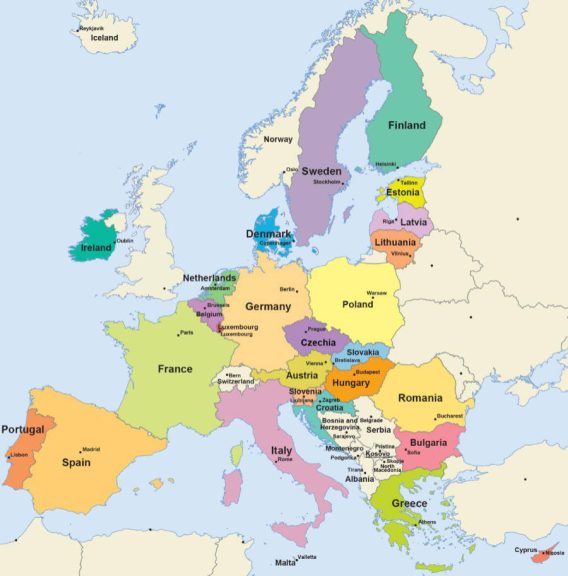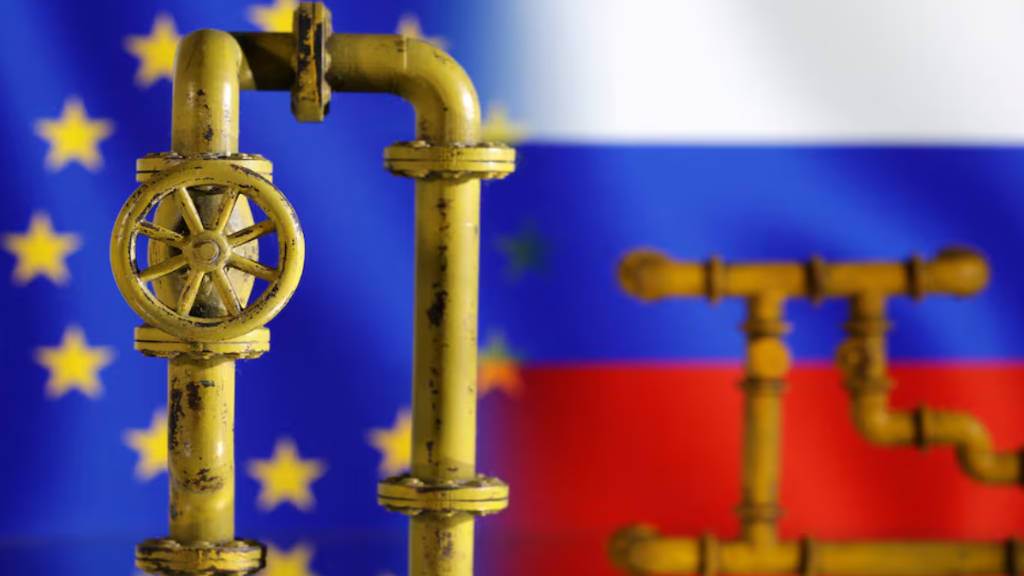The European Commission is preparing to ban new gas supplies with Russia, which includes the banning the signing of any new contracts with pertinent gas suppliers with immediate effect, and terminating all longer-term contracts by January 1, 2028. However, this initiative is planned to be implemented in such a way as to avoid the possibility of any vetoes from any of the European Commission members, with Hungary and Slovakia seen as particular opposition, while Austria has also expressed serious reservations.
But in doing so, the European Commission has changed the way in which it classifies gas purchases – without recourse to any vote.
The peculiarity of the proposed ban is that it is being developed within the framework of the EU’s trade policy, not its foreign policy. his is of key importance for decision-making: in matters of foreign policy, unanimity of all member states is necessary, which would give states such as Hungary, Slovakia, and Austria the opportunity to veto. At the same time, in trade, decisions are made by a qualified majority, and the process of approving such measures becomes much less vulnerable to blockades by individual countries. Previous EC decisions concerning gas supplies had been made as part of the EC’s foreign policy.
This discrepancy has now effectively created a system whereas previously long-established European supply chain routes that had been developed are now regarded as internally hostile. It also affects only certain countries – Austria, Hungary and Slovenia are all landlocked with no seaport access, rendering them completely dependent upon these existing pipelines. Neither does the EC appear to be motivated to assist them in financing new ones, leaving these three countries in a state of limbo.

Vienna, Budapest and Ljubljana have been highly critical of the EC’s approach which in their view unfairly singles them out. Slovakia’s deputy economy minister Vladimír Šimoňák has stated that their gas contracts with Russia last longer than the 2028 cut-off period, rendering the country liable for penalties, with no clear EC statement on who would pay for this. He also complained that plans for replacing Russian gas were ‘unclear’.
The EC has proposed sourcing alternative gas supplies – although new pipelines would need to be constructed to bring gas in from other European ports. Again, it remains unclear who would pay for this. These additional costs, transit fees and the higher cost of imported gas itself, as Hungary’s Prime Minister, Viktor Orban has pointed out, would significantly increase the cost to Austrian, Hungarian and Slovenian consumers – a collective 21 million people.
Orban has also pointed out that this represents a loss of ‘sovereignty’ as the governments of Austria, Hungary and Slovenia were democratically elected and exist to secure the best available options for their electorate. With the EC seemingly arranging to manipulate their national decision-making to a centralised, Brussels-led government, Orban’s view is that this is against their democratic beliefs. As concerns the EC, it should be noted that of the current Chairman and Executive Vice-Presidents, none are from the countries concerned.
Further Reading

 Русский
Русский














